The 22nd annual BIO CEO & Investor Forum kicked off today with a Welcome and Update on BIO's 2020 Initiatives on Behalf of the Industry given by Jeremy Levin, CEO of Ovid Therapeutics Chair of the Board of Directors of BIO.
The industry was established in 1970’s during an era of bipartisan cooperation and growth in wealth across the country. Today, despite unprecedented technological advancements in biology, chemistry, and digital health, plus an enormous amount of available capital, the industry is facing serious challenges that threaten its continued existence. Among these challenges are the declining public perception of the pharmaceutical industry, the unprecedented pressure from consolidation, and legislative challenges.
The public perception of the pharmaceutical industry has tanked in the past decade and is now ranked worse than the tobacco industry among some groups. Statements in the media about the industry have had a direct correlation on the NBI biotechnology stock index.
Regarding the challenges posed by consolidation, Levin notes that just five companies insure 44% of Americans, and only 3 PBMs manage three-quarters of U.S. prescriptions, resulting in huge negotiating power among these stakeholders. More and more hospitals are consolidating as well and are buying up independent practices and absorbing them into the hospital network.
Levin pointed to legislative challenges such as the passing of price control HR3 that could dismantle innovation in the industry in the U.S. HR3 would implement foreign reference pricing and empower HHS to force companies to agree to government pricing demands for products without generic or biosimilar competition – or face an excise tax of up to 95%.
Levin instead notes widespread support for an alternative plan to lower costs by implementing patient out-of-pocket caps. The Grassley-Wyden bill would establish an out-of-pocket limit of $3,100 on annual drug costs for seniors in the Medicare program and impose inflation caps on annual price increases.
Levin concluded by listing several suggestions for relieving this political pressure, including fostering industry-wide collaboration and commitment to eliminate copays and deductibles for patients, setting launch prices that reflect innovation and value to patients, encouraging generic and biosimilar approvals of safe, effective medicines once patent/regulatory protections expire, and investment only in novel therapies that address unmet patient needs.





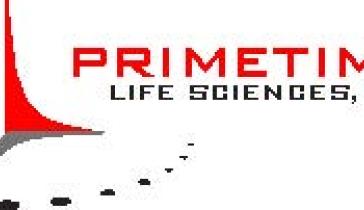
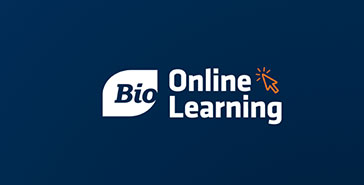
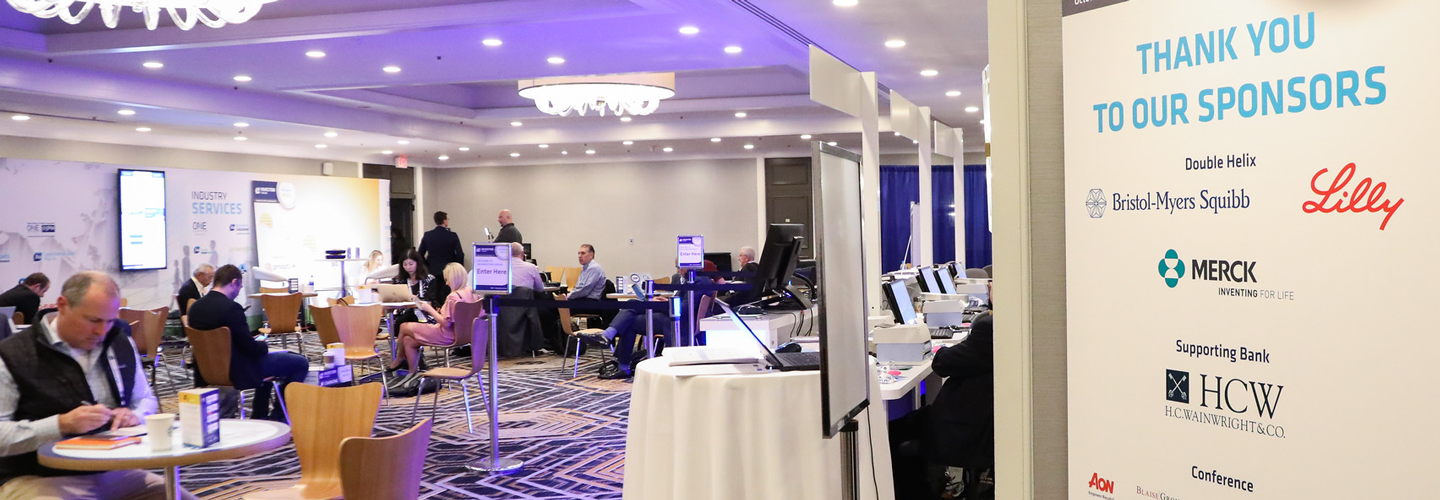


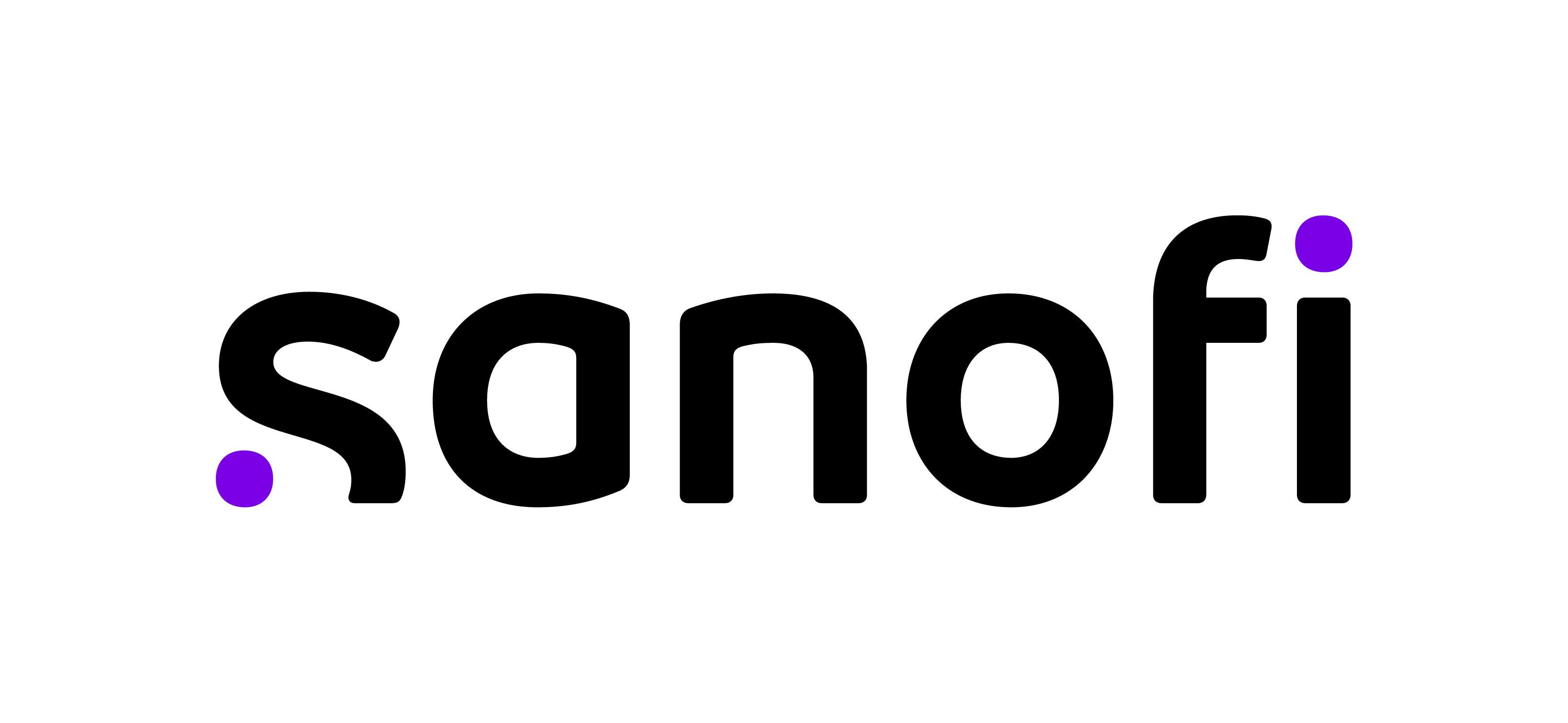
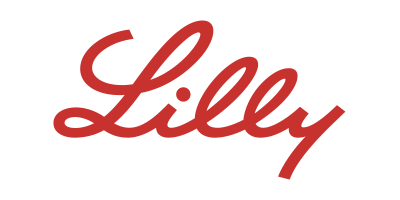





.png)


